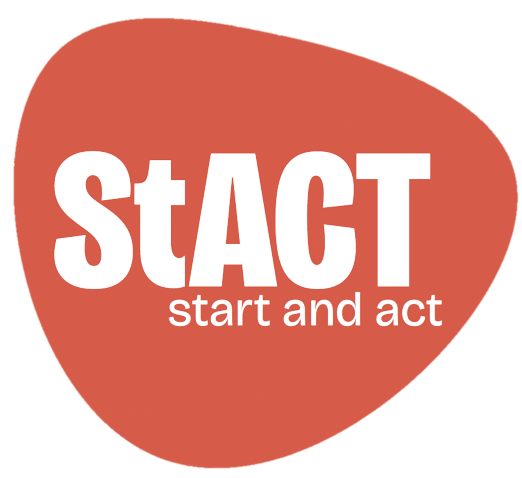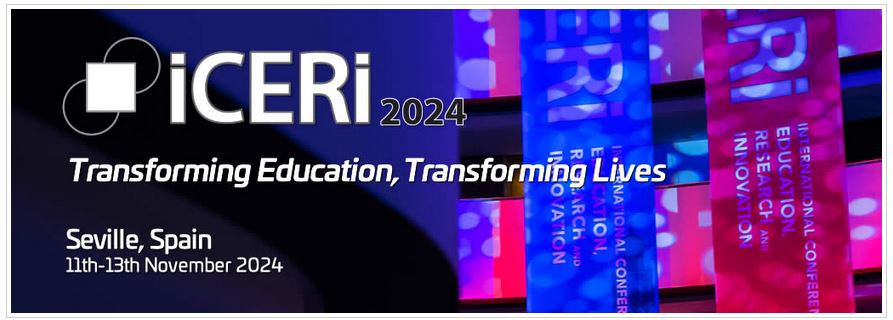Das von uns eingereichte Abstract für die iCERi2024 wurde für eine Virtual Presentation angenommen. Wir sind jetzt gerade dabei, ein Full Paper zu verfassen.
Abstract
CURIOSITY IS THE BEST START – WHAT AN INNOVATIVE EDUCATIONAL MODEL CAN ACHIEVE FOR ENTREPRENEURSHIP EDUCATION
B. Hesina, S. Zauchner, R. Bauer, C. Rudloff
Entrepreneurship education in Austria often focuses solely on imparting specialized knowledge and factual information. Unfortunately, individual promotion within a competency-based educational context often neglects the massive digital changes in the professional world and alignment with the UN Sustainable Development Goals (SDGs). This is where the project “StAct“ (Start and Act) project comes in: We use an innovative educational model that empowers students through self-directed and collaborative research to shape their own professional future. The starting point of StAct lies in the original meaning of the French term „entreprendre“ – to undertake something – with a focus on social and inclusive entrepreneurship in the digital world.
In the „StAct Educational Model,“ the voices of students from primary to secondary level II are heard, and they are empowered to develop and implement their ideas, suggestions, and concerns. The students are the active participants in this model: they not only participate in the research processes but also design them independently. Educators take on an advisory coaching role during this process, and any hierarchy is minimized as much as possible.
In an extensive start workshop, students initially learn through „Living Books“ (role models) what characterizes entrepreneurs, they get to know new digital technologies, and become familiar with the SDGs. This allows them to identify relevant topics during the „dialogue phase“ and subsequently develop research questions. In the following „research phase,“ these are addressed cooperatively in teams through generative research processes. Finally, in the „presentation phase“, the roles are reversed, and the students take on the role of Living Books by communicating their project results to relevant stakeholders. Two consecutive research cycles are planned between the school years 2023 and 2025. The first cycle has just been completed. A series of projects have been developed that creatively engage with various questions and ideas, such as the development of a cookbook by elementary school students, the creation of videos on sustainability topics (recycling, work and health) by secondary I students, or the programming of a platform for household chemicals by secondary II students. Nearly 100% of the students participated motivated in the activities. Initial evaluation results from age-appropriate questionnaires and focus groups with the students, as well as interviews with educators, show a positive impact on the development of the EntreComp competencies (according to McCallum, 2018) of the young people involved. A detailed evaluation will be available in time for the conference.
Keywords: Educational Model, Entrepreneurship, Sustainability

